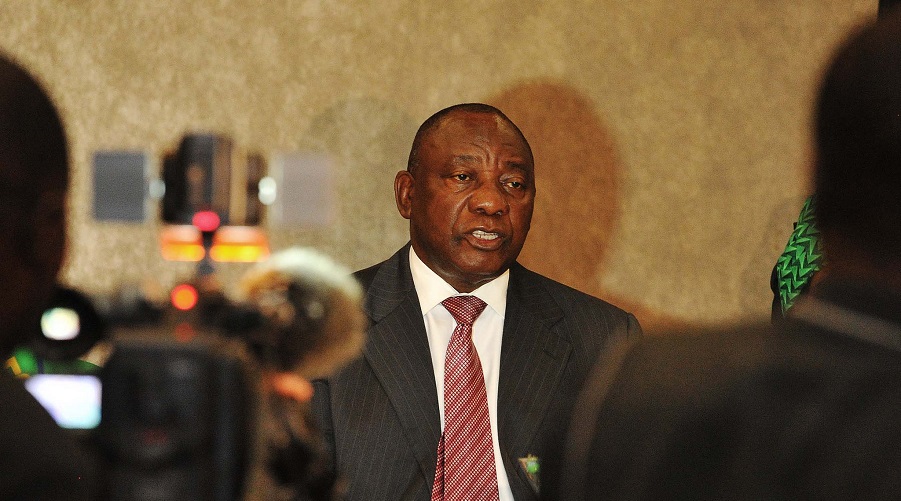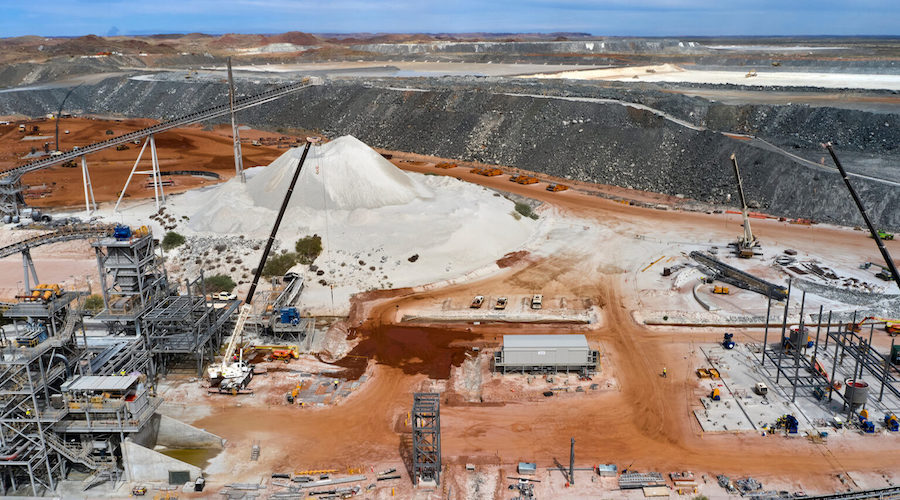Resolution seen to impasse over South African mining rules

South Africa’s mining industry and the government are moving closer to resolving a dispute over levels of black ownership that’s deterred investment and dragged down growth in the continent’s most industrialized economy.
The government last year revised its mining charter to require companies to maintain at least 30 percent black ownership, a move rejected by the Chamber of Mines, which sued to stop it from being implemented. The lawsuit was dropped after Cyril Ramaphosa replaced Jacob Zuma as president in February, and his new Mineral Resources Minister Gwede Mantashe has committed to reviewing and finalizing the charter within three months.
“We are in a very new place and very excited about the future,” Mark Cutifani, the chief executive officer of Anglo American Plc, said at a Bloomberg conference in Cape Town on Wednesday. “Yesterday Gwede Mantashe met with some of the members of the Chamber of Mines and certainly, from our representative, it was a great interaction. A relationship has been established with the new ministry and that’s very exciting.”
South Africa has the world’s biggest reserves of platinum and manganese as well as gold, iron ore, coal, chrome and zinc deposits. Anglo American, Glencore Plc, South32 Ltd. and Sibanye Gold Ltd. are among companies operating in the country. Ramaphosa, who founded the main mineworkers’ union, is seen as more business-friendly than Zuma and has said he wants a charter that both accelerates transformation and contributes to economic growth.
“We expect to see a renewed mining sector,” Pravin Gordhan, who was appointed public enterprises minister last month, told the conference. “The new minister of mineral resources will create the right kind of platform, I hope, for the mining sector to also begin to make a lot more contribution to the GDP than the 7 or 8 percent that it actually does at the moment.”
South Africa’s mining industry should be twice the size it is today, and has been held back by a lack of policy certainty, according to Cutifani.
“We spent two years developing an approach to the mining charter that no one wanted to hear,” he said. “Today, we’ve got someone to talk to. That’s a start.”
{{ commodity.name }}
{{ post.title }}
{{ post.date }}




Comments